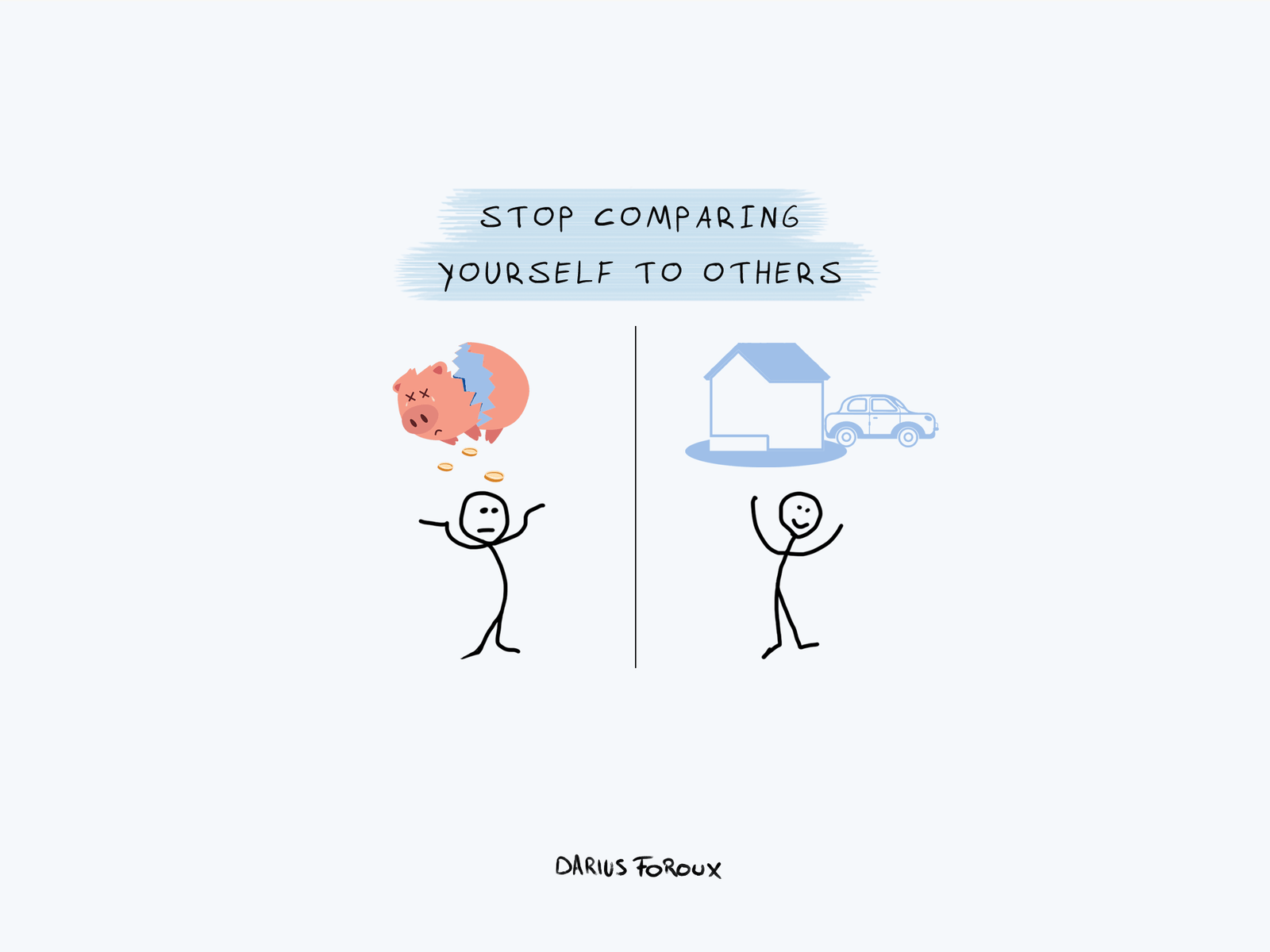Standing out from the crowd is essential in local businesses. A strong brand identity can be the key to attracting customers, building loyalty, and, ultimately, achieving long-term success. But where do you start? How do you create a brand that resonates with your target audience and sets you apart?
This article will explore the essential elements of successful branding that every local business owner should know. Understanding these key components allows you to develop a powerful brand that helps your business thrive in today's competitive market.

1. Know Your Audience
Understanding your audience is the foundation of any successful brand strategy. For local businesses, this means having a deep knowledge of the community you serve. Who are your typical customers? What do they care about? What are their specific needs, pain points, or preferences? Conducting market research, talking to customers, and observing local business marketing solutions will help you gain these insights. Once you clearly understand your audience, tailor your products, services, and messaging to align with their desires.
2. Develop a Unique Value Proposition (UVP)
Your UVP distinguishes your business from the competition, and it's crucial in a local setting where other small companies may offer similar products or services. A UVP communicates to potential customers why they should choose your business over others. Your UVP doesn't have to be complicated—it just needs to highlight what makes your business special. When customers understand and appreciate your unique offering, it positions your brand as the go-to option in your niche.
3. Create a Consistent Visual Identity
A strong, consistent visual identity helps customers recognize your brand instantly, whether they encounter it online, on social media, or in person. This includes your logo, color scheme, typography, and even the style of your marketing materials. Local businesses often have an advantage here because they can develop branding that reflects the unique flavor or personality of their area. The key is consistency. Your visual identity should be applied uniformly across all customer touchpoints—your storefront, website, packaging, and business cards.
4. Develop a Memorable Brand Voice
Just as your visuals need consistency, so does your brand's voice. Brand voice refers to the tone and style of your communications—how you 'speak' to your customers. A friendly, approachable brand voice often works well for local businesses, encouraging a closer connection with the community. However, the tone can vary depending on your business type. Your brand voice should be consistent across all communication channels, including social media, email newsletters, website copy, and face-to-face interactions.
5. Leverage Local Ties
One of the most significant advantages of running a local business is building an emotional connection within your community. Your branding should highlight your local roots and emphasize your involvement in the community. You can do this by supporting local events, partnering with other local businesses, or contributing to community causes. By being actively involved in your area, you build trust and credibility, which can encourage more customers to support you over non-local competitors.
6. Focus on Customer Experience
Customer experience is a key component of any brand, and for local businesses, it can be the difference between one-time transactions and long-term customer loyalty. Every interaction a customer has with your business, whether online or in person, contributes to their overall perception of your brand. A seamless, positive experience—from a friendly greeting when they walk into your store to an easy-to-navigate website—creates a strong, favorable impression.
7. Embrace Online Presence
A well-designed website, an active social media presence, and a Google My Business profile are essential for visibility. Consistency in your branding online is just as important as it is offline. Ensure that your website reflects your brand's visual identity and voice and that your social media content aligns with the same themes. Additionally, leveraging local SEO strategies can help more customers in your area find you online. This includes using local keywords and encouraging happy customers to leave positive reviews.
8. Tell Your Story
Every business has a story; for local businesses, sharing that story can create a powerful emotional connection with customers. Your story might include why you started the business, the challenges you've overcome, or your passion for serving your community. Authentic storytelling humanizes your brand and can make it more relatable to customers. Likewise, if your small business was born out of a desire to solve a specific problem in the community, telling that story can help customers understand your mission.
9. Stay Authentic
Authenticity is essential to building a trustworthy and relatable brand, particularly in a local business setting where word-of-mouth referrals are key. Customers can quickly sense when a brand is inauthentic, which can hurt your reputation. Being transparent about what your business stands for, delivering on your promises, and maintaining open communication are all ways to show authenticity. In a local community, reputation spreads quickly, and being authentic helps ensure that your brand is positively recognized and trusted.
10. Adapt and Evolve
Branding is not a one-time task but an ongoing process that requires evolution as your business grows, and market conditions change. Staying aware of trends and shifts in customer expectations will allow you to adjust your branding to remain relevant. While your core values should remain consistent, flexibility in your branding ensures that your business continues to meet the evolving needs of your customers and stays competitive in the marketplace.
Conclusion
Remember, branding isn't just about creating a logo or a slogan; it's about creating a meaningful connection with your customers. By incorporating the essential elements discussed in this guide, you can make a brand that resonates with your customers, drives growth, and helps your local business stand out.

















